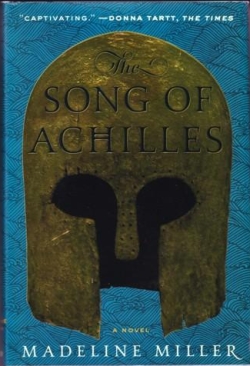
A tale of gods, kings, immortal fame, and the human heart, The Song of Achilles reimagines Homer’s enduring masterwork, The Iliad, from the perspective of Patroclus.








































If you buy books linked on our site, Lit Hub may earn a commission from Bookshop.org, whose fees support independent bookstores.

